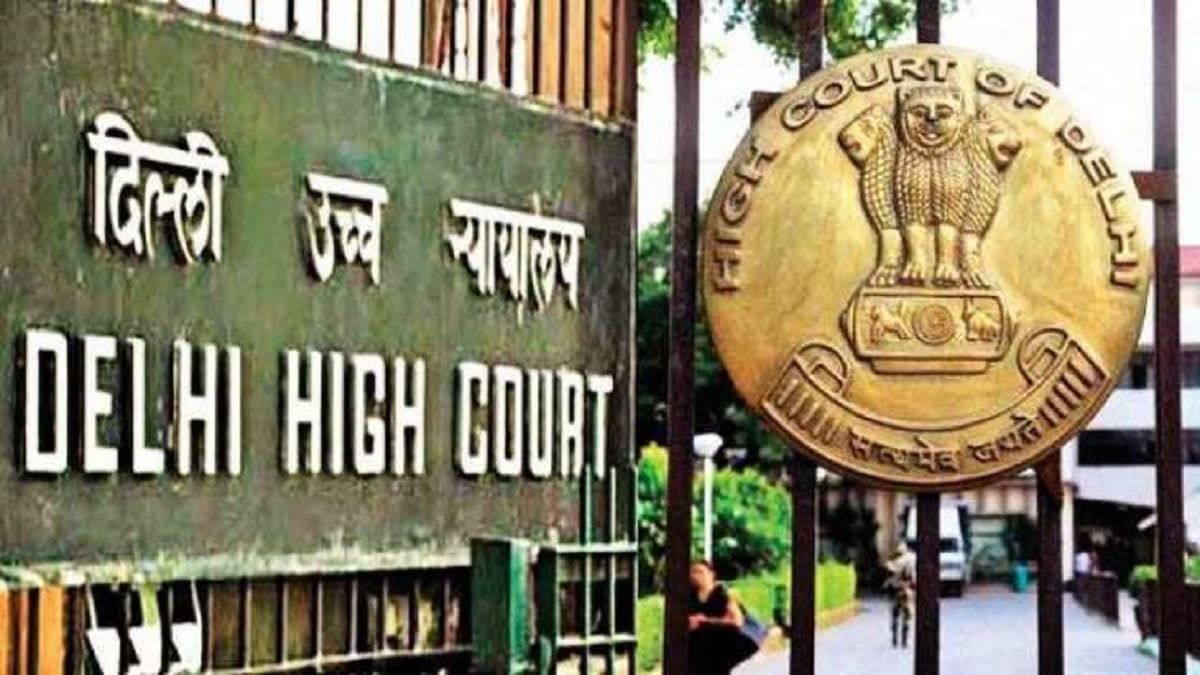
Delhi High Court Applauds New Criminal Law Amendments for Technological Integration
Justice Amit Mahajan highlights mandatory videography and photography during search and seizure as key reform
The Delhi High Court has praised the recently introduced Bharatiya Nagarik Suraksha Sanhita for its forward-thinking approach in mandating the use of technology in criminal investigations.
Justice Amit Mahajan highlighted the significant changes brought by the new law, particularly the requirement for videography and photography during search and seizure operations.
Justice Mahajan commended the law for its potential to enhance transparency and accountability in the criminal justice system.
"The integration of technology in investigative procedures is a substantial step forward. Mandatory videography and photography during search and seizure operations will not only ensure the integrity of the evidence but also protect the rights of individuals," he said.
The new law aligns with global best practices, where the use of body cameras and other recording devices has become standard in many jurisdictions. By incorporating such measures, India is poised to strengthen its legal framework and build greater public trust in the criminal justice system.
Legal experts and human rights advocates have welcomed the move, seeing it as a necessary adaptation to the evolving landscape of law enforcement. They believe that the use of technology can bridge gaps in the current system, making it more robust and reliable.
Justice Mahajan emphasised that the visual documentation of these operations would provide an objective record, reducing the scope for allegations of misconduct or abuse. "This measure will serve as a crucial tool in preventing misuse of power and ensuring that law enforcement agencies adhere to legal protocols," he added.
The Bharatiya Nagarik Suraksha Sanhita, a comprehensive overhaul of India's criminal laws, seeks to modernize and streamline legal processes.
One of its key provisions is the obligatory recording of search and seizure activities, aimed at minimising disputes over the conduct and fairness of such operations.
Justice Mahajan's remarks underscore the judiciary's support for reforms that prioritise transparency and the protection of citizens' rights.
The Bharatiya Nagarik Suraksha Sanhita is expected to set a new benchmark in the administration of justice, reflecting a commitment to leveraging technology for the greater good.
In the case of Bantu v. State Govt of NCT of Delhi High Court, the High Court made these observations while dealing with a bail plea moved by Bantu, who was arrested by the Delhi Police on allegations of supplying charas (a type of drug) in Delhi, procured from Himachal Pradesh, India.
The accused’s lawyers argued that despite being apprehended during the daytime, there was no independent witness and no recording of the seizure.
Justice Mahajan criticised the police for failing to procure any independent witnesses and for not recording the process of seizure. Consequently, he granted bail to the accused.
Advocates Shivendra Singh and Bikram Dwivedi appeared for the accused, while the Delhi Police was represented by Additional Standing Counsel (ASC) Rupali Bandhopadhya.
As the law comes into effect, it will be crucial to monitor its implementation and address any challenges that may arise.
The judiciary, law enforcement agencies and civil society must work collaboratively to ensure that the intended benefits of these technological advancements are fully realised.
For any enquiries or information, contact ask@tlr.ae or call us on +971 52 644 3004. Follow The Law Reporters on WhatsApp Channels.